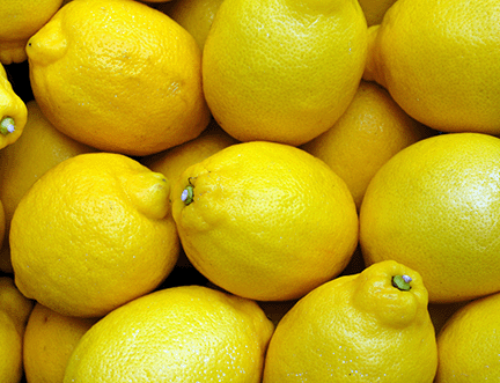 At the beginning of Jesus’ ministry was John the Baptist. We read in the gospel of Matthew that he was the one referred to by the prophet Isaiah, sent as a forerunner of the Messiah to prepare the way for His coming. (Matt 3:1-3)
At the beginning of Jesus’ ministry was John the Baptist. We read in the gospel of Matthew that he was the one referred to by the prophet Isaiah, sent as a forerunner of the Messiah to prepare the way for His coming. (Matt 3:1-3)
When John saw that many of the Pharisees and Sadducees were coming to him for baptism, he declared,
“You brood of vipers, who warned you to flee from the wrath to come? Therefore bear fruit in keeping with repentance… every tree that does not bear good fruit is cut down and thrown into the fire.” (Matt 3:7-10)
I found this interesting for several reasons. At first, I was surprised when I saw that many of the Pharisees and Sadducees were coming for baptism. But then, after I thought about it, perhaps it was not so surprising. In fact, they may have been some of the first in line for John’s baptism because it provided for them an opportunity to demonstrate their “pious behavior” before others.
But John’s baptism was a baptism of repentance. And apparently John was seeing in them neither a truly repentant spirit nor fruit consistent with true repentance. Thus he felt compelled to rebuke those who were coming to be baptized merely as an outward show.
Another reason I found this passage interesting is the obvious parallel to Jesus’ teaching. First of all, Jesus used the same phrase when rebuking the scribes and Pharisees, calling them a brood of vipers. (Matt 12:34, 23:33) But more significant to me personally was the parallel of John’s admonition to “bear fruit in keeping with repentance” and Jesus’ words in John 15, “I am the vine, you are the branches; he who abides in Me and I in him, he bears much fruit…” (John 15:5)
As I considered this, I discovered that the word John used to describe bearing fruit was different from the one Jesus used. John the Baptist used the Greek word poieo, which translated more literally means to make or to do. He was essentially saying that the Pharisees and Sadducees should “make fruit” consistent with repentance. In other words, if they were truly repentant, their changed heart should be demonstrated by a changed life: they should be doing things differently.
But in John chapter 15, Jesus used the Greek word phero when talking about bearing fruit. The word phero means literally to bear, carry, or bring forth. In other words, Jesus was not talking about making fruit, but bearing it in the sense of carrying it. He was saying, we do not make the fruit–God makes the fruit–we are simply the branch which carries the fruit until it is ready to be harvested. Of course, what we do as a “branch” greatly effects whether the fruit it bears will thrive, or will be exposed to conditions that cause it to wither and turn sour. In a sense, this idea of “bearing fruit” is more akin to stewardship than of working to bring about something of our own doing.
To the outsider, the fruit may look the same. It is either plump and healthy, or it is scrawny and sour. But to the one who is bearing the fruit, there is a big difference between struggling to produce a few presentable grapes on our own and placing ourselves into the hands of God as branches willing to bear His abundant fruit. It is God’s fruit which remains (John 15:16) when all of our best efforts have withered away.
Pastor Cindy





Leave a Reply